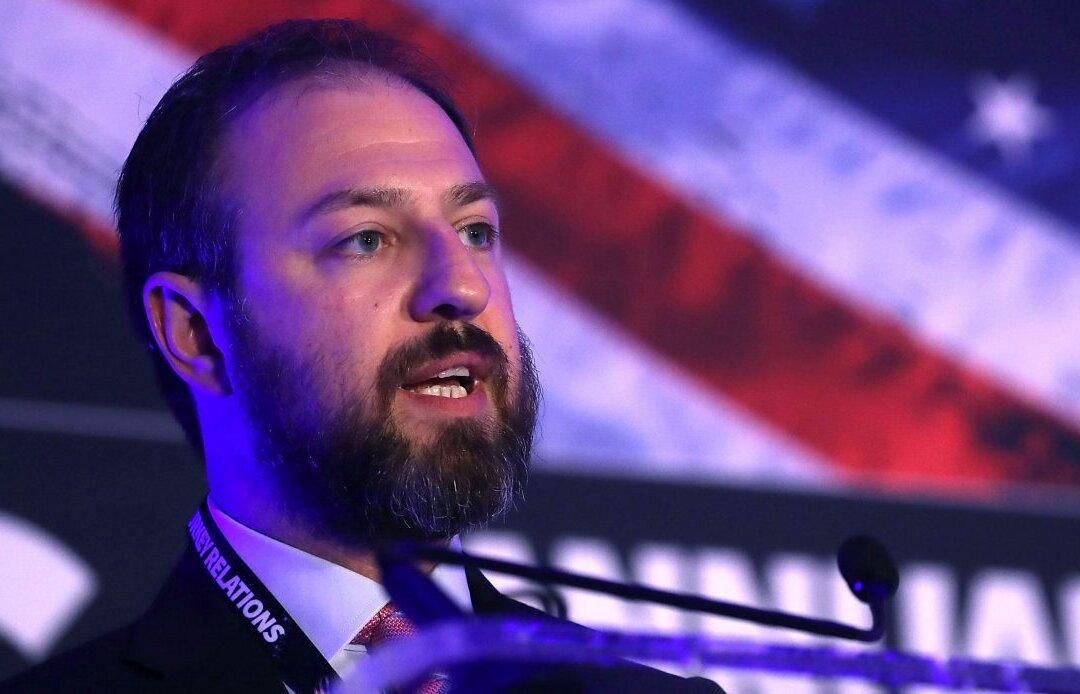ALEXANDRIA, Va.—One of the last cases investigated by former special counsel Robert Mueller appeared to be on the brink of getting thrown out by a federal judge on July 18. Ultimately, District Judge Anthony Trenga allowed the case to continue—albeit with reservations—saying the charges rested on “very circumstantial” and “speculative” evidence.
The case alleges that Bijan Rafiekian, former partner in Gen. Michael Flynn’s lobbying firm, and Ekim Alptekin, a Turkish businessman, conspired to lobby in the United States on behalf of Turkey without disclosing it to the U.S. government. Only Rafiekian is standing trial, since Alptekin doesn’t live in the United States.





